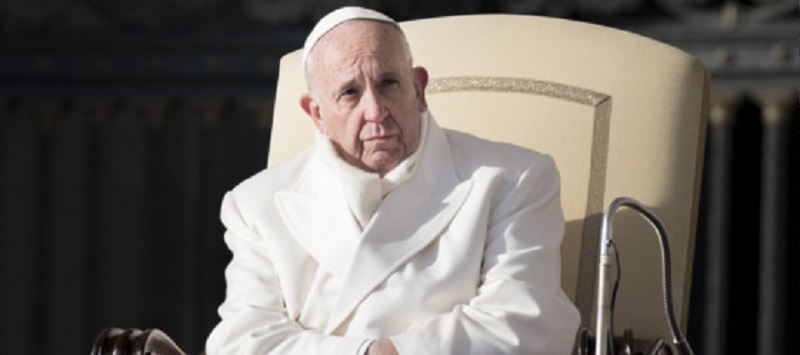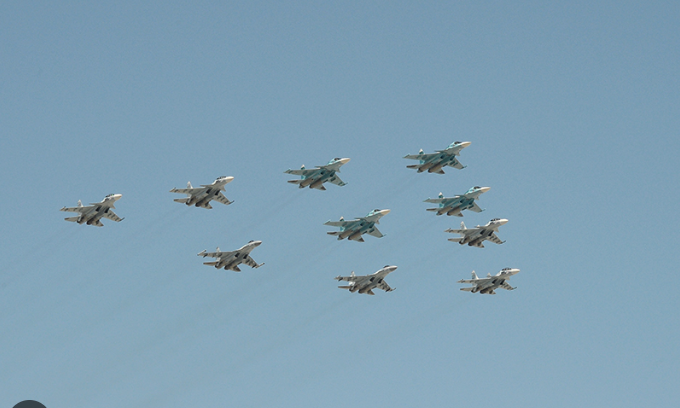Guaidó was elected to represent his home state of Vargas in the Venezuelan National Assembly, the unicameral legislature, in December 2015. He was part of a group of opposition legislators that handed then-President Nicolás Maduro his first significant electoral defeat. Maduro responded by attempting to strip the legislature of its powers. Maduro had the Venezuelan Supreme Court, a judicial body that is not independent, rule all of the powers of the National Assembly be passed on to the court. The court later reversed its decision. A few months later, Maduro called for elections for a new Constituent Assembly, which would assume the legislative power. The opposition boycotted the election. Through all of this maneuvering, the opposition-controlled National Assembly continued to meet regularly to seek ways to restore democratic order in Venezuela.
Maduro’s actions against the National Assembly and the subsequent bogus election of the Constitutional Assembly caught the attention of the international community. The US slapped the regime with sanctions in 2017. The country and the regime were, and remain, in crisis. The country’s economy continues to suffer from falling oil prices, dwindling oil production, and mismanagement of resources.
The first people to receive sanctions from the US in July 2017 were celebrated as heroes by Maduro and given replicas of Bolivar’s sword. The sanctions kept coming. The regime evidently ran out of swords. Reports of discontent within the top brass started to emerge. Opportunities were opening up for the opposition.
Maduro sought re-election to a second six-year term in May 2018. At the time, the country was experiencing an economic and humanitarian crisis. Millions of Venezuelans fled the country in search of food and medicine. Maduro banned opposition candidates from running. The opposition boycotted the election. Maduro nonetheless had the non-independent electoral body declare him the winner with 67% of the vote. The election was widely perceived as a sham and resulted in more sanctions for the regime. It is clear that in the days leading up to Guaidó taking the stage in that plaza, Venezuela was not a democratic country. Indeed, Freedom House, an influential watchdog organization, had rated Venezuela as “not free,” as early as 2017. At the time, Venezuela joined Cuba as the only two “not free” countries in the Western Hemisphere. Venezuela was an impoverished oil-rich country governed by a dictator. What distinguished Venezuela from other impoverished oil-rich countries governed by dictators was its location in a region of peace, its proximity to the US, and its people’s commitment to restore democratic order through democratic means.
The opportunity to do so presented itself in January. Having declared himself the victor of the 2018 presidential election, Maduro was inaugurated for his second term on January 10, 2019. Most democratic countries in the region refused to recognize Maduro as president of Venezuela on that date even if they had recognized him previously. The few friendly nations that supported him on that day reveal the nature of the regime: Belarus, Bolivia, El Salvador, Nicaragua, Turkey and Russia all sent representatives to Maduro’s inauguration.
The Venezuelan Constitution calls for all citizens to ensure that constitutional order is maintained (Art 333) and for Venezuelans to not recognize any regime that goes against its “values, principles, and democratic guarantees or violates human rights” (Art 350). Maduro’s regime was very clearly in violation of democratic principles and in violation of human rights, as can be seen in the Freedom House reports and Organization of American States (OAS) reports.
Maduro’s dictatorial rule activated the responsibility placed on citizens to defend the Constitution. The nature of the election that Maduro claimed to have won singled out his regime as not democratic. When Juan Guaidó stepped on that stage on Wednesday, he was not “declaring himself” president, rather, as the highest-ranking democratically elected official in the country, he was assuming the responsibility for steering the country back to democracy.
The United States immediately recognized Guaidó as the president of Venezuela and many other democratic countries, including most of Venezuela’s neighbors, followed suit. President Guaidó is facing an uphill battle in trying to bring this country back to the peace and prosperity that characterized it two decades ago. Further, he has to carry out this Herculean task while facing threats to his physical security. Guaidó and the people of Venezuela need the full support of defenders of democracy and human rights everywhere.
Reporting that he went to a plaza and “declared himself” president risks dismissing a critical juncture in the political life of Venezuela. It conjures images of Venezuela as a barren land where people can live out their wildest delusions. In reality, Venezuela is a country of nearly 30 million people fighting to live free. Guaidó is just the person whose turn it was to step up to that challenge.









Leave a Reply